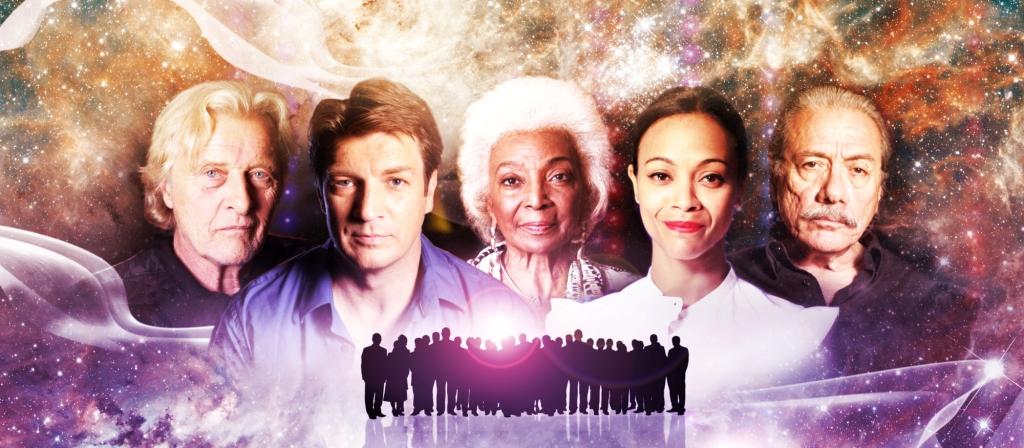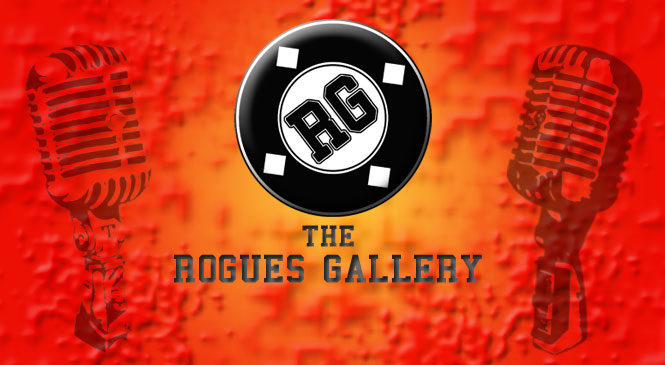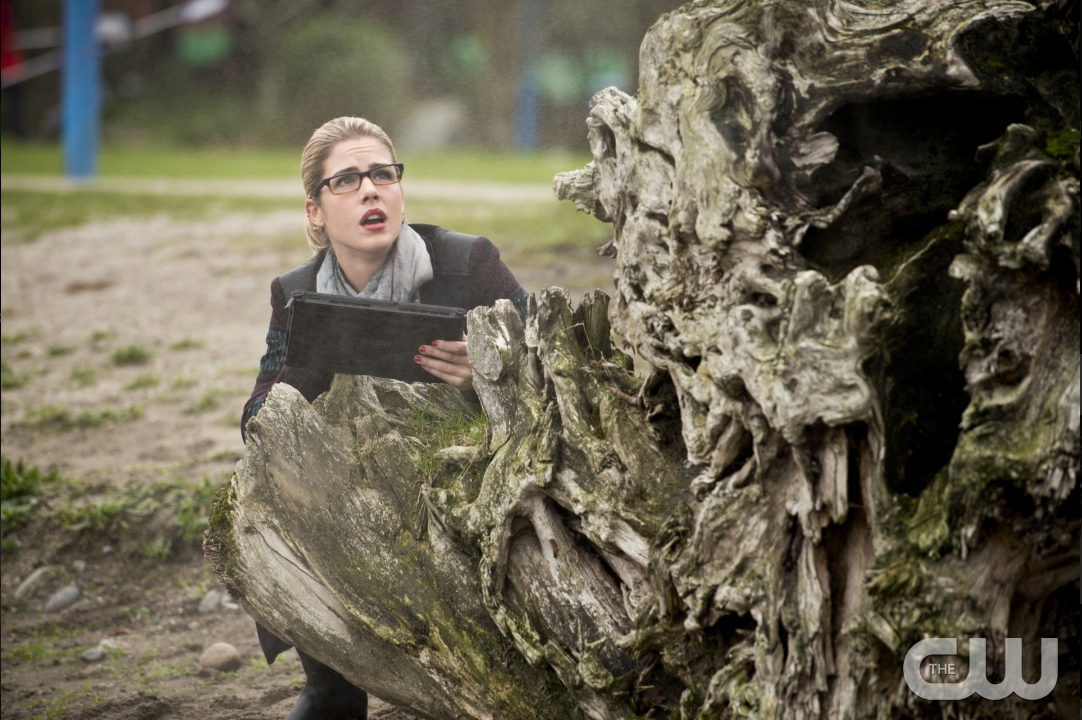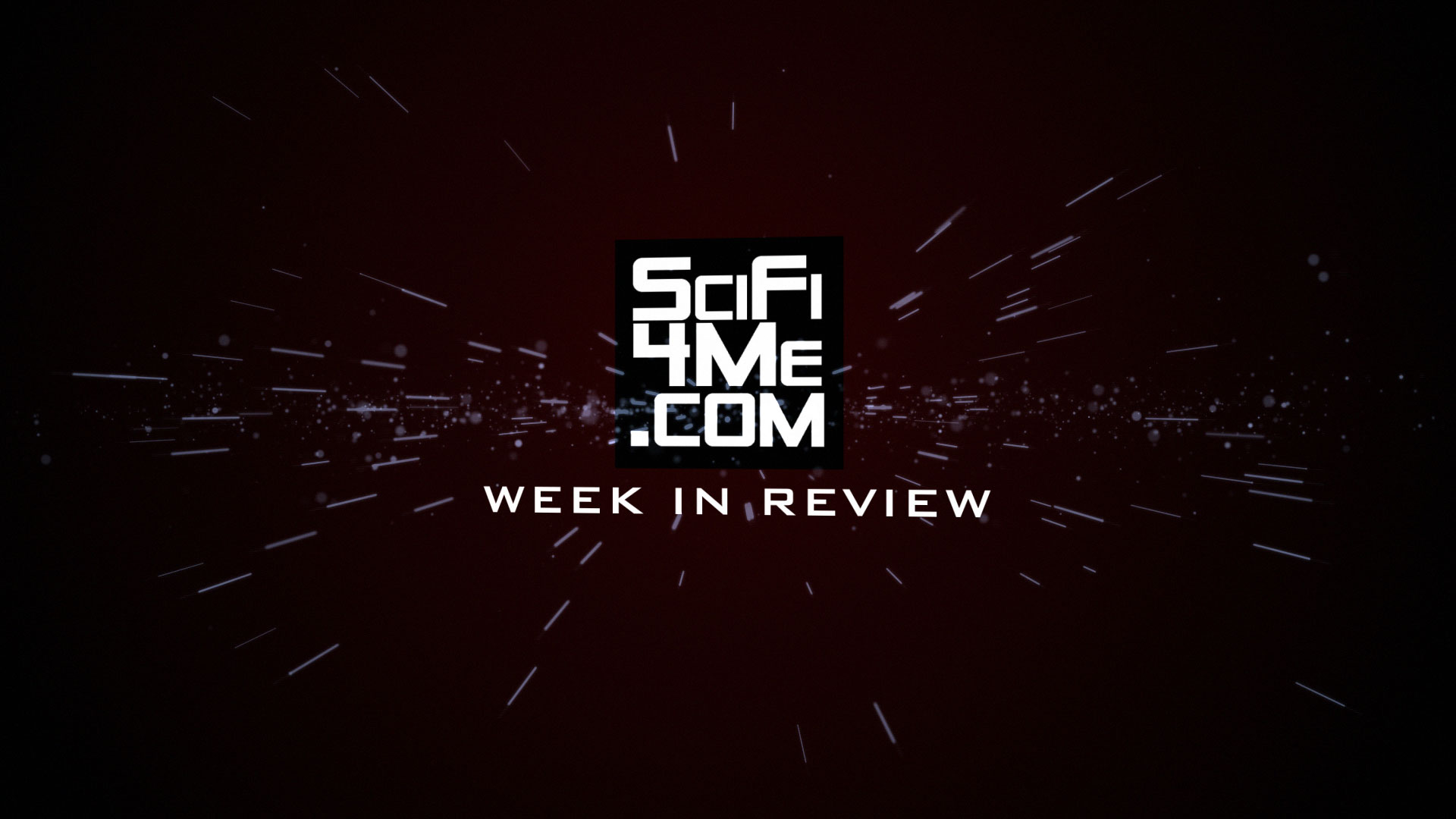It Should Be The "REEL" History of Sci-Fi, BBC


Part Two: “Space”
OK. Yes. Star Trek changed science fiction on television. Star Wars changed movies forever. Tell us something we don’t know.
(harrumph)
The second installment in this very limited series focuses on space and alien civilizations, and while it seems a little more inclusive than the first episode, it still dials down the scope to cover the 70s and 80s in movies and TV, for the most part.
Yes, we get 2001: A Space Odyssey, and rightly so in its place as making viable a serious way of presenting science fiction. Before this, there was Invaders From Mars, The Blob, and other B-movie fare — none of which made it into this series, by the way. Significant by their absence: War of the Worlds, Invasion of the Body Snatchers, The Day The Earth Stood Still, Forbidden Planet, and The Thing (either version…).
Granted, we start with the silent picture that started it all, Le Voyage Dans La Lune, but there’s so much missing. Where’s the rest of Jules Verne’s work? What about H.G. Wells? Really, how can you have an episode that covers alien invasions and not include War of the Worlds? Or even Planet of the Apes? How?
George Pal contributed some of the most influential films of his time, when it comes to genre. Not only War of the Worlds, but also Forbidden Planet, Destination Moon, and When Worlds Collide. Without those, I daresay we wouldn’t have had Alien or 2001, because those early films paved the way to serious science fiction. Pal’s projects weren’t schlock, weren’t B-movie material. They were better than that.
And then we get to Star Trek.
Yes, everyone grew up watching Star Trek. It easily influenced an entire generation (or two) to become astronauts, engineers, scientists, etc. It had the first interracial kiss. It had a great fight with a giant lizard.
But in the grand scheme of things, Star Trek was just one of many threads in the tapestry that is speculative fiction. What about Project UFO? Lost in Space? Voyage to the Bottom of the Sea? Sure, Trek was the big dog that had the most impact on television, mainly because it wasn’t telling science fiction stories for science fiction’s sake. It did what any good science fiction story does: tell a compelling story about people dealing with real contemporary issues (racism, war, poverty, etc) in a science fiction setting.
And really, that’s just on the filmed media side of things. What about the authors? David Gerrold posted on his Facebook: “The whole thing is about movies. So far, the only authors mentioned are Jules Verne, H.G. Wells, Isaac Asimov, Arthur C. Clarke, Frank Herbert, Kim Stanley Robinson, and Ursula K. LeGuin. A good selection, yes, but…do they represent the real history? This is the real history like an ice-cube tray represents an iceberg.”
He’s right. The history of science fiction, as it relates to space exploration and aliens, includes Amazing Stories, Asimov’s, Analog, Omni, and Astounding Stories, the pulps, the short stories, and the novellas — whole sections of the genre have been swept away with the stroke of a lightsaber. Lovecraft? Poe? Sturgeon?
And let me ask this: since when did “gritty” become the equivalent of “realistic”? Since when did the “lived in” look of Star Wars or Blade Runner become the standard by which we measure just how believable or close-to-accurate-as-possible a story can be?
The show actually does get into world-building, which itself could be the subject of an hour or two. But after touching on Dune, The Left Hand of Darkness, and Kim Stanley Robinson’s Mars trilogy, they have Douglas Trumbull saying that James Cameron’s Avatar was “the geekiest movie of all time” because of its worldbuilding. Really? The “geekiest”? How about one of the most derivative of all time?… There’s a reason why I call it Dancing With Smurfs…
And then we get to Star Wars.
Yes, fine. It was huge. It was phenomenal. It was ground-breaking, earth-shattering, record-setting, and all of that. But I’d much rather hear about the influences — Flash Gordon, Buck Rogers, and Seven Samurai — as well as the other stories that came before. More about Foundation. More about John Carter — absolutely no mention of Carter at all, or any other work from Sir Arthur Conan Doyle. Really?
Call it what it is: The Reel History of Science Fiction from about 1965 to 1990-ish.




